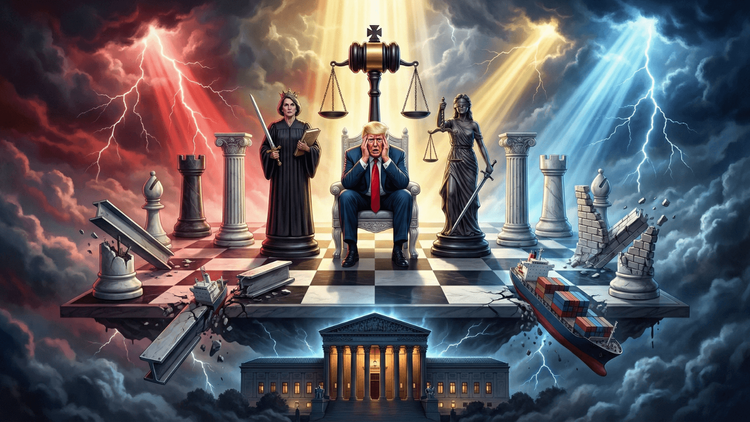FTX: One of the largest financial scams in US history
Indictment includes eight counts of charges against crypto entrepreneur Sam Bankman-Fried

The US Department of Justice has indicted Bankman-Fried on eight counts, including conspiracy to defraud customers and lenders, money laundering and violating campaign finance regulations, in an indictment released Tuesday. If found guilty, Bankman-Fried, who was arrested in the Bahamas on Monday, faces years in prison.
The allegations revealed a long-running operation in which stock market clients' deposits were fraudulently used to fund investments and debt and expenses of Bankman-Fried's trading firm Alameda Research. According to the indictment, the conspiracy lasted from 2019, the year he founded FTX, until the company's demise last month.
Millions of creditors, including retail investors, could lose billions of dollars in the collapse of Bahamas-based FTX that has rocked the cryptocurrency sector. FTX was originally valued at $32 billion.
At a news conference on Tuesday, Damian Williams, the US Attorney for the Southern District of New York, called the alleged crimes "one of the largest financial frauds in American history." Williams claimed he gave his consent to the allegations against Bankman-Fried last week.
When senators in Washington held a hearing on the FTX bankruptcy, the criminal case was made public. Before Bahamian police arrested him at his opulent apartment, Bankman-Fried was scheduled to testify before the US House Financial Services Committee.
"It's not complicated at all, it's just embezzlement," FTX's newly hired CEO, John Ray, said during the hearing.
Bankman-Fried is in the process of "discussing the allegations with his legal team and reviewing all legal options," his attorney said. FTX chose not to respond.
In a civil lawsuit also filed against him, the US Securities and Exchange Commission (SEC) alleges that Bankman-Fried planned a fraud that began on the day FTX was launched and continued under his personal control until November. The SEC alleged that client funds were misappropriated for "undisclosed venture investments, extravagant real estate purchases, and significant political donations."
Gary Gensler, Chairman of the SEC, said: "We accuse Sam Bankman-Fried of building a house of cards on a foundation of lies while telling investors it is one of the most secure structures in the crypto economy. The agency accuses
him alleges defrauding equity investors and venture capitalists who have invested $1.8 billion in Bahamas-based FTX since May 2019. FTX was owned by some of the world's most prominent investors, including BlackRock, Sequoia Capital and the Ontario Teachers' Pension Plan before its demise.
Bankman-Fried, FTX and Alameda were charged with fraud and material misrepresentation by the Commodity Futures Trading Commission. The regulator claimed that the computer code created by FTX provided Alameda with an "essentially unlimited line of credit that enabled Alameda to taking billions of dollars in customer funds from FTX."
In recent weeks, Bankman-Fried said that s he knew nothing of what Alameda was doing. He has also expressed regret for his omissions and mistakes, but denies he acted intentionally wrong.
FTX employees used QuickBooks accounting software, which Ray told lawmakers was "a very good tool, just not for a multibillion-dollar company." Finally, he warned that "we won't be able to recover all the losses" and that it would take months to find the assets.
The SEC stated that Bankman-Fried controlled "investment and operating decisions" at the trading firm and had complete control over and access to information at FTX and Alameda. The regulator claimed that Bankman-Fried has been actively working this year to hide the vast sums of FTX client funds held at Alameda.
"Billions of dollars in FTX client funds were deposited by Bankman-Fried on Alameda. The SEC's lawsuit alleges that he subsequently used Alameda as his personal piggy bank. The Wall Street Journal was able to rely on Bankman-Fried's evidence for the
hearing in the US House of Representatives committee, in which he stated that he launched FTX's international exchange in 2019 and "thereafter began to move away from active participation in Alameda Research." In particular, I have not headed Alameda Research for the past year, he continued.






